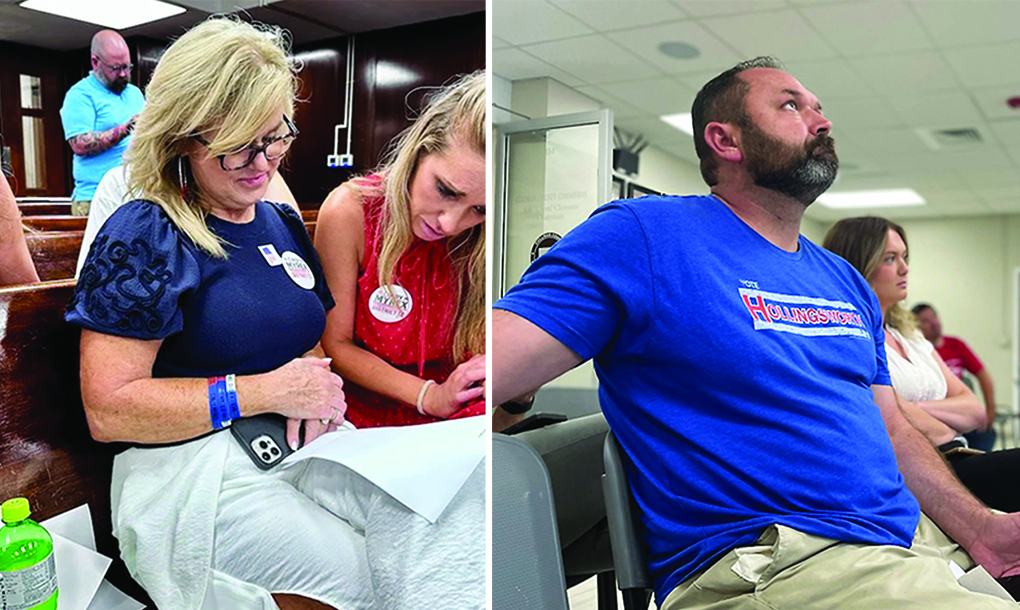Local help available for those with depression
Published 5:45 am Sunday, August 17, 2014

- Flowers and photographs are displayed Friday, Aug. 15, 2014, in San Francisco, of a makeshift memorial for actor Robin Williams outside a home which was used in the filming of the movie "Mrs. Doubtfire." Authorities said he committed suicide. Family and friends say he was suffering from depression.
In the wake of comedian Robin Williams’ apparent suicide due to depression last week, local mental experts remind those who suffer from the debilitating mental disorder that help is available.
News of Williams’ death Aug. 11 in his Marin County home shocked many, but it also brings into focus how depression can affect anyone, even those you least expect. Chris Van Dyke, director of Mental Healthcare of Cullman, said for those dealing with depression or who may have loved ones with the disorder, getting help is the key to recovery.
Trending
“The number one thing we hear from people is that they’re ashamed of it,” he said. “We don’t want people to hide the problem because that’s only going to make it worse.”
Depression has multiple symptoms but the obvious one is sadness that doesn’t go away for at least two weeks, Van Dyke said. Others include feelings of hopelessness that never get better, loss of interest and pleasure in activities you used to enjoy, decreased energy, difficulties with sleep — either you can’t sleep or have trouble waking up, weight changes and suicidal thoughts.
Williams’ wife, Susan Schneider, said in a statement Thursday that Williams, 63, was struggling with depression, anxiety and a Parkinson’s diagnosis when he died. Williams was open about his past history of substance abuse, including drugs and alcohol. Recently, depression prompted him to enter rehab.
“Robin’s sobriety was intact and he was brave as he struggled with his own battles of depression, anxiety as well as early stages of Parkinson’s disease, which he was not yet ready to share publicly,” Schneider said.
Van Dyke said for those who want help, they can call Mental Healthcare and talk to its Access to Care staff.
“We do screenings to determine what kind of treatment they may need,” he said. “For those who don’t qualify for our services, they can receive some help at Cullman Quality Healthcare or the Good Samaritan Clinic which can provide some medication to treat depression. However, if it’s a severe problem, they need to contact us.”
Trending
If you are or know someone who is having thoughts of suicide, you need to talk to someone immediately — either friends, family or your pastor, he said.
“The worst thing you can do is keep that to yourself,” Van Dyke said.
Depression tends to run in families while other people can have one episode and be over it, and others deal with it their whole lives.
“If you have been depressed before, you need to be vigilant about how you’re feeling, even after you’re feeling better,” Van Dyke said.
Substance abuse can also be a factor. It can make someone who is already depressed feel worse or it can sometimes cause depression. People who are depressed are more likely to turn to drugs or alcohol to try to feel better.
“It is our hope in the wake of Robin’s tragic passing, that others will find the strength to seek the care and support they need to treat whatever battles they are facing so they may feel less afraid,” Schneider said in her statement.
Mental Healthcare of Cullman Hotline: 256-734-4688
Cullman Regional Medical Center: 256-737-2000
1909 Commerce Ave NW
Cullman, Alabama 35055
(Off Highway 157, Behind Best Western)






